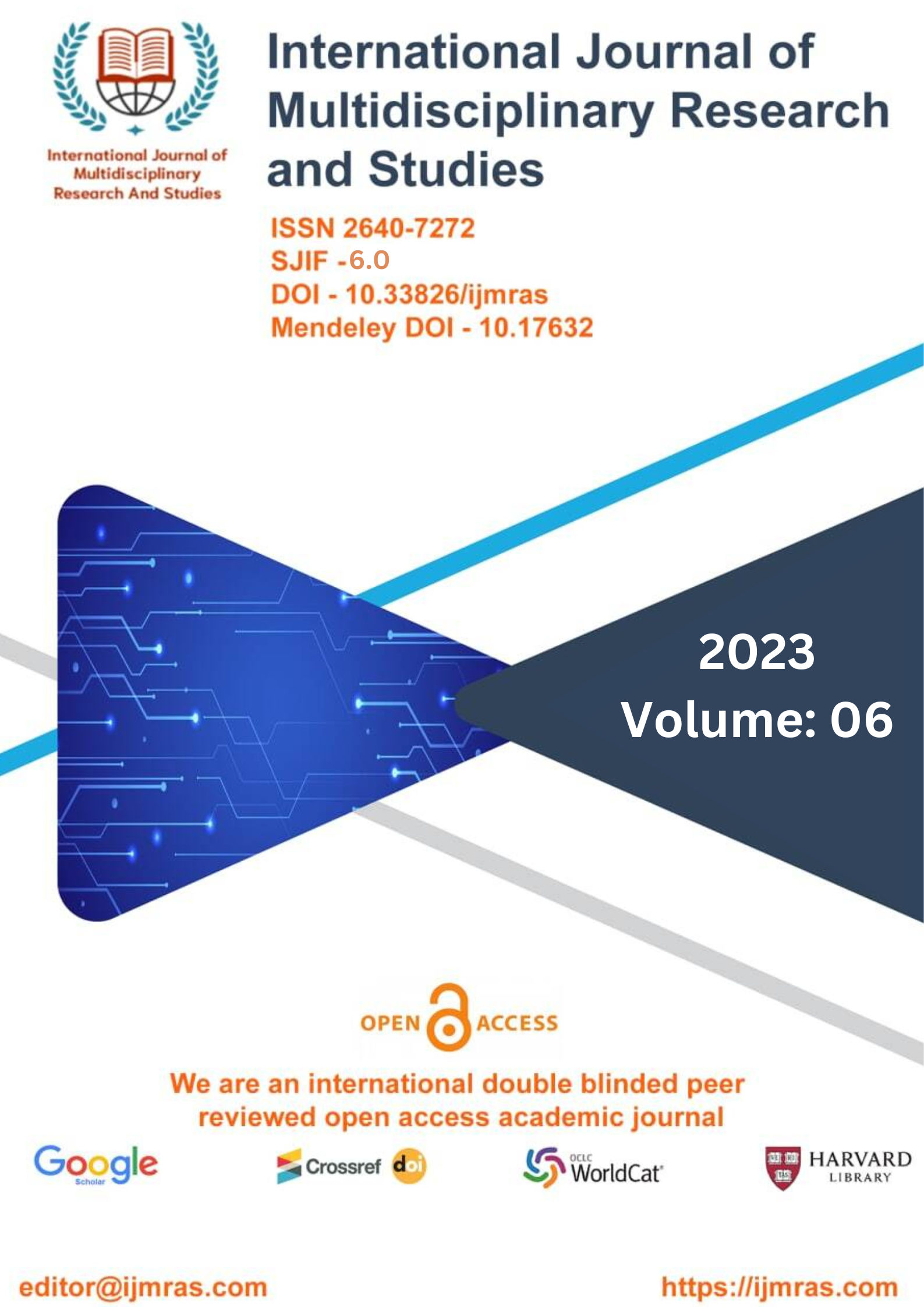The Turnover Intention of The New Generation of Knowledge Workers Private Enterprises: Literature Review

Abstract
In recent years, there has been a dramatic rise in the number of private businesses operating in China, and this trend has been mirrored by an increase in the proportion of private businesses to the overall number of Chinese companies. The advancement of China's economy is significantly aided by the participation of private businesses. Employee management is becoming an increasingly important focus for privately held companies as their operations expand to a larger scale. The new generation of employees who are based on their knowledge has emerged as the primary labor force in Chinese private enterprises, and the stability of the new generation of employees who are based on their knowledge has a direct impact on the enterprise's ability to sustainably develop. However, the personnel turnover rate in private companies is significant, particularly for knowledge-based professionals who leave their jobs on a regular basis; this has an impact on the growth of private companies. The article uses private businesses in Guangxi as an example and conducts an analysis of the influencing factors of the turnover intention of the new generation of knowledge-based employees in private enterprises from the perspective of job embeddedness. It then provides corresponding countermeasures and suggestions for improving human resource management in private businesses.
Keywords
Private Enterprise, Knowledge-Based Employees, Turnover Intention, GuangxiHow to Cite
References
Cheng Bang(2022)The double-edged sword effect of job mania on job performance of new generation employees. Zhejiang Gongshang University.
Cheng Long, Yu Haibo, Zhang Lu, An Ran (2019). How the territorial behavior of technology talent organizations affects their intention to resign - an intermediary model that regulates marital status and psychological ownership. Science and Technology Progress and Countermeasures, 3, 131-137.
Chen Kun(2022)A Study on the Current Situation and Countermeasures of the Resignation of the New Generation Employees of a Provincial Postal Company. Nanjing University of posts and telecommunications.
Fu Weihua (2021) The leadership style expected by the new generation of employees and the ways for leaders to change. Journal of Leadership Science, (20),93-95.
Gao Yun (2019) Investigation, Analysis, and Strategy Research on the Turnover of New Generation Employees of JW Company, Xidian University.
Hua Yingjie(2022) A Study on the Resignation of New Generation Employees in M Company, East China Normal University.
Huang Qiuting (2021), The Resignation of New Generation Employees in M Company. Guangxi Normal University.
Shi Qing, Guo Yingying, Wang Hui, Zhang Hongwei (2022). Research on the Path of New Generation Employees' Deviant Innovation Behavior from the Perspective of Differential Order Pattern. Journal of Management Modernization, 42 (01),94-102.
Wang Xiaoyuan(2019), A Study on the Mechanism of Employee Mobility in Chinese Publishing Enterprises from the Perspective of Job Embedding, Wuhan University.
Wu Zhihong (2022), Consolidate the strength of private enterprises in building a magnificent Guangxi, Journal of the Chinese People's Political Consultative Conference.08(12).07.
Zeng (2021), A Study on the Resignation Intention of Emergency Physicians and Its Influencing Factors Based on Structural Equation Modeling, Chongqing Medical University.
Zhang (2020), Analysis of Human Resources Status and Factors Influencing Resignation Intention of Employees in a Third-Class Hospital in Guizhou Province, Jilin University.
License
Copyright (c) 2023 XIE TINGJIAN, ABDUL JALIL GHAZALI, JACQULINE THAM

This work is licensed under a Creative Commons Attribution 4.0 International License.
Individual articles are published Open Access under the Creative Commons Licence: CC-BY 4.0.




